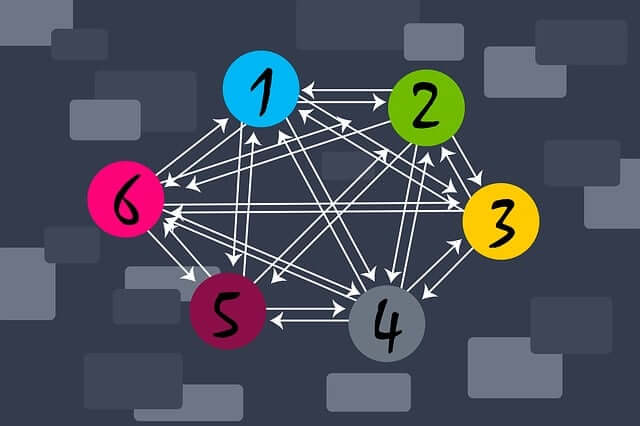It’s no secret among website marketing experts and tech buffs that Google is constantly tinkering with their search engine. Google staff makes dozens of small changes every day, tweaking variables so minor that they go almost completely unnoticed. Yet in response to recent issues (like the black hat search engine optimization case of JCPenney, which we talked about in a previous post), Google has made some major changes to its algorithm. While these changes won’t immediately sink any company using white hat search engine optimization for website marketing, they’re still important to know for future decisions.
Decoding The Google Algorithm
Google’s search algorithm, like the recipes for Coca-Cola, is considered a trade secret. No one outside the company knows exactly what it is; the best a search engine marketing expert can do is combine the information about website marketing presented by Google executives, and put together trial and error knowledge to learn search engine optimization by experience. Actual announcements clarifying Google’s algorithm and website marketing are few and far between.
Beyond these resources, search engine optimization professionals also rely heavily on Google’s Webmaster Guidelines. These are a combination of vague suggestions for search engine optimization success and pointed warnings about so-called black hat search engine marketing techniques, which can bring the wrath of Google down upon a company and cripple their website marketing. These guidelines are a must-read for anyone who is involved with website marketing, even if you’re trusting everything to a company.
Recently Announced Search Engine Marketing Changes
When major retailer JCPenney was recently discovered to have engaged (knowingly or accidentally) in black hat search engine marketing, Google responded by immediately sinking JC Penny in the rankings. They were virtually buried overnight, but Google didn’t just stop there. They wanted to know what they could do longer term to crack down on a much bigger problem: the abuse of content farms to artificially inflate a company’s website marketing.
On February 24th, Google launched “Panda”, their codename for the revamped algorithm. The ripple through the search engine marketing world was palpable, with more than 10% of all searches affected. While few specifics have been announced, the goal is clear: ensure that websites offering the highest quality content are rewarded, and those which rely on less authoritative or relevant content are punished.
Google’s Changes Help Good Search Engine Optimization Experts
To many who aren’t familiar with search engine marketing, this type of change in Google’s algorithm may seem like a slap on the wrist to this form of website marketing. In fact, the best search engine marketing experts have been trying to do exactly what Google is pushing for the past few years. The best search engine marketing results come from creating highly relevant, very interesting content — Google has said that much. Website marketing experts have been helping their clients create just that type of content for years. Only the black hat website marketing practitioners will be hurt by this new change.
The best search engine marketing advisors will welcome the new algorithm because it will favor the kind of high quality content that they’ve already helped clients create. At Upton Technology Group, we welcome these changes. Our clients achieve success with search engine marketing because the content is something that people want to read, and that’s exactly what Google’s changes are designed to reward.




